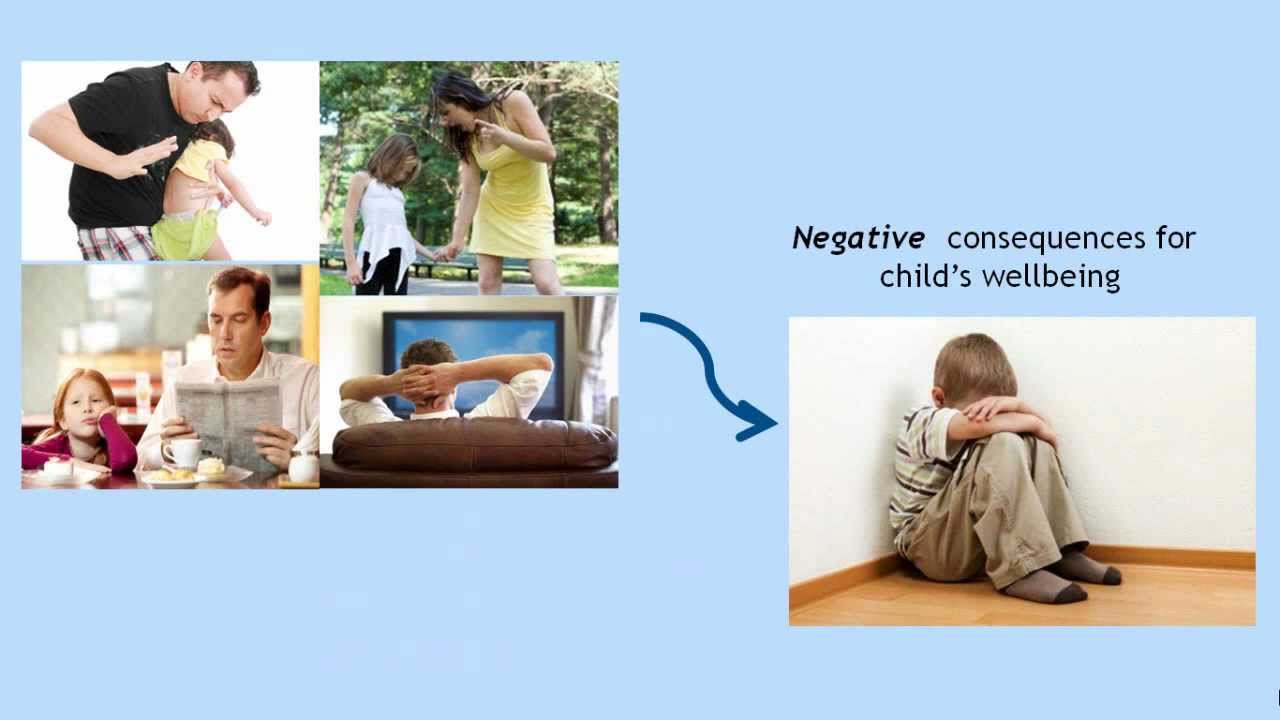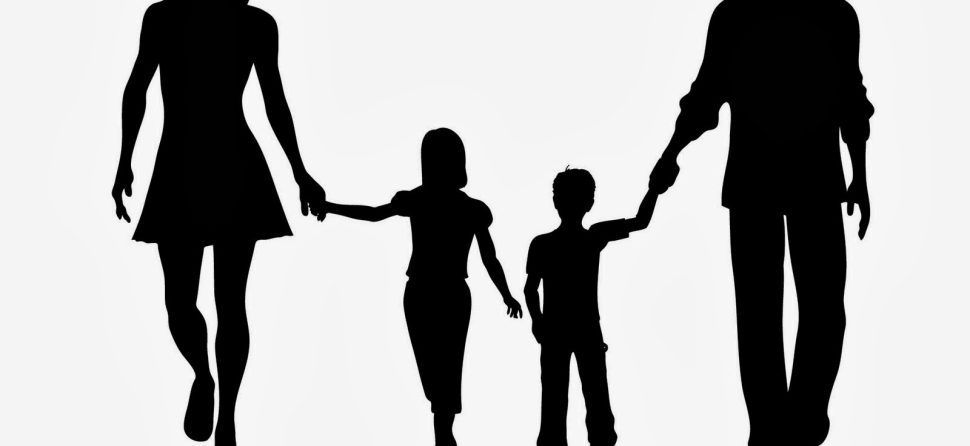By Suhana Keeranthodika
4 Different Types of Parenting Styles – What are those?
Parenting is the most difficult task in the whole world and the most beautiful feeling one can ever have. Emotions of a parent or mother are the strongest and incomparable. No other relationship will have such a bond. It is divine, what else I can say!
“It is easier to build strong children than to repair broken men.”
– Frederick Douglass
Very true isn’t it? We all believe in love and love can do anything. A parent-child love is like that. A responsible parent can mould his or her child to be a good human being, but there is no fixed recipe to this. It depends on the child how his/her parents should behave. If they are extremely sensitive, the parents must not scold them every now and then. Some children are too stubborn and active, who have the tendency to do the exact opposite as what they are told. In that case, being strict as well as being patient is the key.
Parenting or child-rearing is the process of nourishing and supporting the physical, emotional, social, and intellectual development of a child right from the birth to the adulthood. Sometimes, parenting refers to the raising of a child apart from the biological relationship. It is an evolving process. It is not same for me and my mother and not same for me when I had my first child and now for the second child. Parents 25 years ago were too patient beings. I remember my mother when we children did anything wrong she never reacted immediately. She would give herself and us some time to cool down and then convince us the consequences and mistakes we did.
When it comes to me, even though I remind myself to be patient, I overreact on every mess my kids make, and I’m sure the majority of parents these days are like that. Moreover, I say a dozen No’s in an hour. My mother rarely said No to us. Another little drawback is, I become nervous and worried when my kids fall or get a little sick or even when they leave home. I never get time to think about the home remedies when they are sick.

My mom used to give us home remedies for little sicknesses and it recedes in that too. When it comes to dependence, my children are so depended on me. They are not learning life skills on their own. They are lazy to eat themselves, change dresses or even to take care of their pencil box. My mother had the courage to let us out to learn more outside home and to make us brave and independent. Parents those days never did things deliberately and so everything came naturally. These days parents acquire skills and knowledge to take care of their children.
As a parent myself, I have experienced and got chances to know other parents with different kinds of parenting styles. Also, I have seen what outcome they all got or getting. After analysing our own parenting and observing others’ styles of parenting it becomes a cluster of confusion about how to grow our children to become good human beings. Our generation parents think-check reviews-rethink-repeat to choose anything to everything for our children and end up in some disappointments. Take the case of food, dress, or school. We refer books and parenting sites rather than taking advises from elders. I wonder how the next generation parents would be like! Personally, this is it. Psychologically, parenting is classified into different types.
Parenting types are defined by the quality time spent by parents with children. A child’s temperament and parent’s cultural patterns have an influence on the manner of parenting style a child may get. Based on region, religion, ethnicity, etc., the kind of parenting style they follow differs.
Diana Baumrind is a clinical psychologist who concentrated on the classification of parenting styles. Baumrind’s analysis is known as “Baumrind’s Parenting Typology”. In her research, she observed what she examined to be the four basic elements that could benefit shape successful parenting. Through her studies, Baumrind identified three parenting styles. Authoritative parenting, authoritarian parenting and permissive parenting. Later, two researchers Maccoby and Martin added a fourth style expanding Baumrind’s three original parenting styles. So let’s check them one by one.
Four Types of Parenting Styles
1. Authoritative Parenting
Authoritative parenting is distinguished as a child-centered method that retains high expectations of maturity. Authoritative parents can know how their children are feeling and guide them how to control their feelings. Parents usually encourage their children to find appropriate outlets to solve problems. Authoritative parents cheer children to be independent but still place limits on their actions. Thorough communication is not forbidden. Parents try to be warm and nurturing to the child.
Often, authoritative parents create children who are more independent, confident and self-reliant. An authoritative parenting style mainly happens when there are high parental responsiveness and requirements. Authoritative parents will set clear examples for their children and observe the limits that they set. They expect mature, independent and age-appropriate behaviour from children.
Punishments for misconduct are restricted and logical, not irresponsible or extreme. Often actions are not executed but the natural consequences of the child’s actions are examined and discussed, allowing the child to see that the behaviour is unsuitable and not to be repeated. They also tend to give more positive encouragement at the right places. A child knows why they are being punished or encouraged because an authoritative parent makes the reasons known. As a result, children of authoritative parents are more expected to be successful, hospitable and capable of self-determination.
2. Authoritarian Parenting

Authoritarian parenting is a confining parenting style in which parents make their children follow their directions with limited to no criticism. Punishments such as spanking and shouting are frequently preferred by authoritarian parents. The goal of this style is to teach the child to behave, survive, and grow as an adult in a rude and ruthless society by preparing the child for negative responses such as anger and aggression that the child will face if their behaviour is unsuitable.
In addition, parents of this style often believe that the shock of aggression from someone from the outside world will be less for a child accustomed to enduring both severe and constant pressure imposed by parents.
3. Neglectful Parenting
According to psychologist Diana Baumrind, neglectful parenting has the least amount of liability or response towards their children. They just give the most fundamental facilities but no chance for recreational and developmental activities. It is a parenting style where the child does not get enough amount of emotional care, physical time of the parent, basic needs such as food, shelter, healthcare, childhood play, educational aid, etc.
4. Permissive Parenting
The term ‘Permissive’ describes the kind of parenting in the name itself. Permissive parenting is also called indulgent parenting. This Parenting is non-directive, soft characterized as having few behavioural expectations for the child. Permissive Parenting is a style of parenting in which parents are associated with their children but place few demands or restrictions on them.
These kinds of parents are nourishing and affirming, and are responsive to the child’s needs and wishes. Indulgent parents do not require children to regulate themselves or behave competently. The children will turn into adulthood not accustomed to aggression in others due to their inappropriate behaviour which would be a trauma to them. As adults, they will pay less awareness in avoiding behaviours which cause drive in others.

Permissive parents are friendly with their child and do not play a parental role and there is a little punishment. Permissive parents allow children to make their own decisions, providing them advice as a friend. This type of parenting is simply unconcerned, with few punishments or rules. Indulgent parents provide their children whatever they want and expect appreciation for the help. Other permissive parents counterbalance for what they missed as children, and as a result, give their children both the freedom and goods that they lacked in their childhood.
Children of permissive parents may tend to be more careless and as youngsters may involve more in misbehaviour. But in the better few cases, children become emotionally confident, independent and are willing to learn and admit failure. In such cases, they mature quickly and are able to live life without the help of someone else.
“The more people have studied different methods of bringing up children the more
they have come to the conclusion that what good mothers and fathers
instinctively feel like doing for their babies is the best after all”
– Benjamin Spock
I know exactly how you feel now, worried more than informed, isn’t it? But that’s alright, the majority of parents comes under good parents category and its OK to feel doubtful about your parenting once in a while. Good parents never feel satisfied with their parenting skills. There is nothing to be termed as the “perfect parenting” because each one of us learns with experience.





